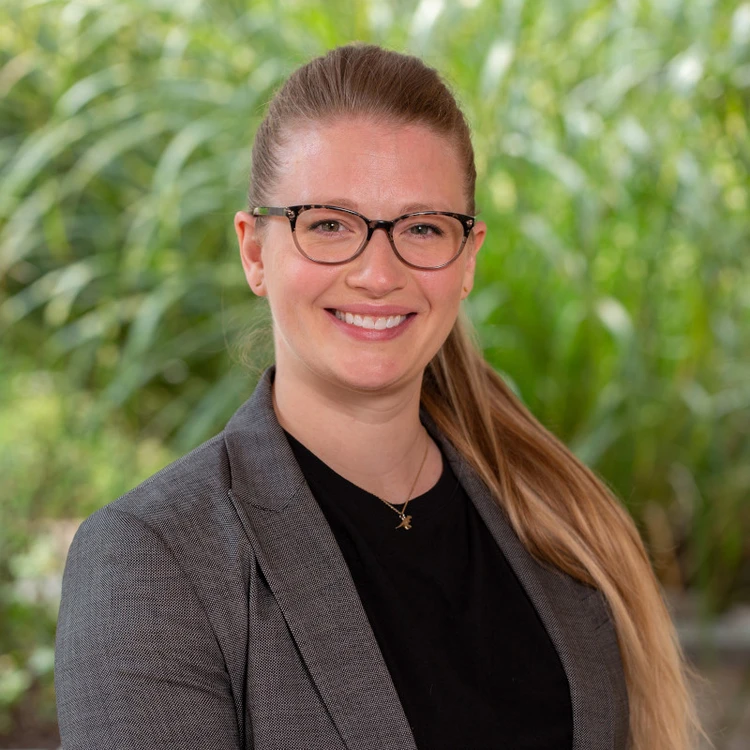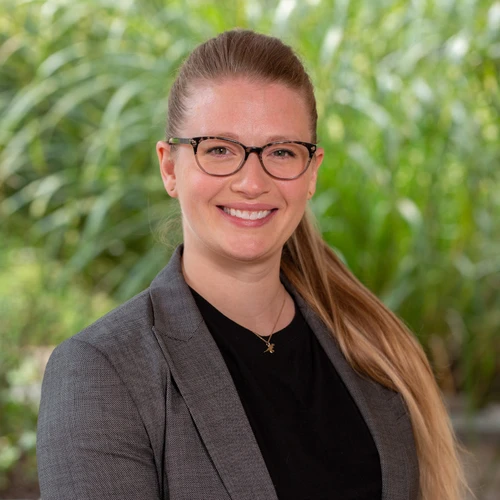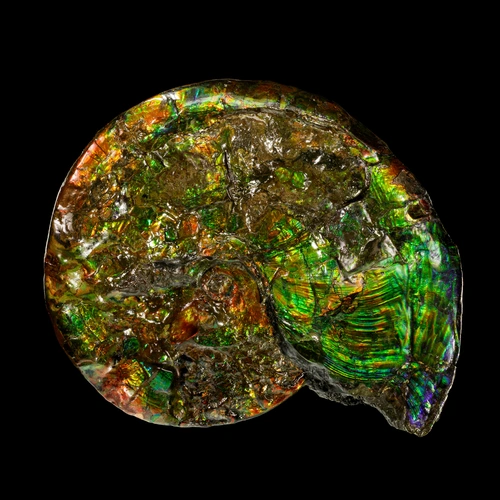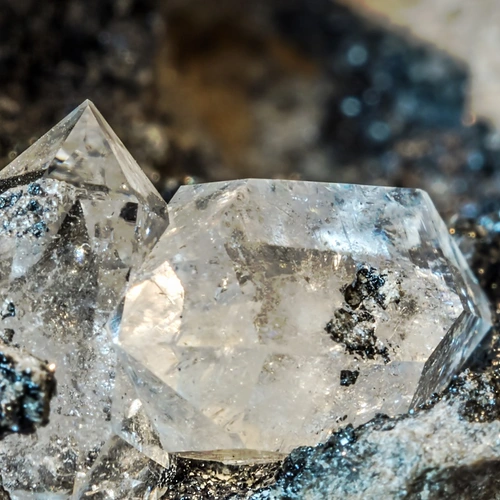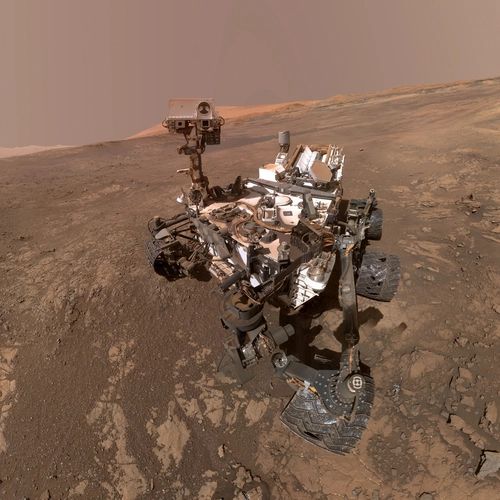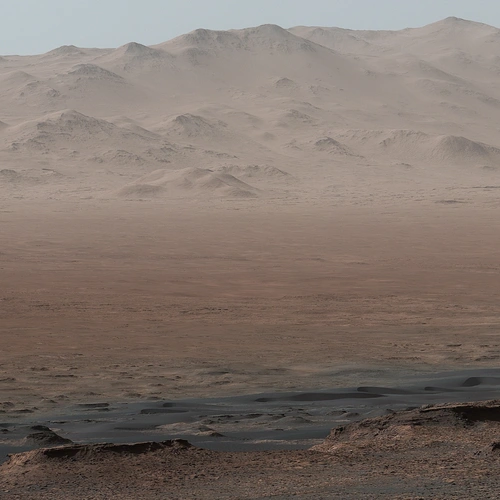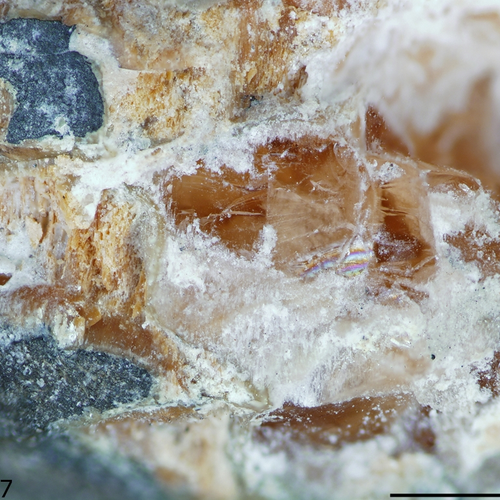Overview
Shaunna Morrison builds on her technical and theoretical background in crystallography, crystal chemistry, and Martian mineralogy, to explore new techniques in multidimensional, multivariate analysis and visualization by employing a range of advanced analytics and machine learning techniques better to understand the complex relationships between Earth and planetary materials, their formational environments through deep time, and their coevolution with the biosphere.
Morrison is the Co-Director of Carnegie's 4D (Deep Time Data Driven Discovery) Initiative, former Project Manager of the Carnegie-led Deep-Time Data Infrastructure (DTDI), a Co-Investigator of the CheMin X-ray diffraction instrument on the NASA Mars Science Laboratory (MSL) mission, a collaborator on the NASA Astrobiology ENIGMA Project, a Co-Investigator of the NASA Astromaterials Data System, and a data contributor and collaborator of the RRUFF Project, including the Mineral Evolution Database (MED), Mineral Properties Database (MPD), and the Evolutionary System of Mineralogy Database (ESMD).
CV
- B.S., Geology, Georgia Southwestern State University, 2011
- M.S., Geosciences, University of Arizona, 2013
- Ph.D., Geosciences, University of Arizona, 2017
- 2019-Present Carnegie Research Scientist (tenure-track equivalent) & 4D Initiative Co-Director, Earth and Planets Laboratory, Carnegie Institution for Science
- 2012-Present Science Team Member and CheMin Co-I (2019) - NASA Mars Science Laboratory Mission
- 2018-2019 Research Scientist, Geophysical Laboratory, Carnegie Institution for Science
- 2017-2018 Postdoctoral Researcher and Program Manager, DTDI, Geophysical Laboratory, Carnegie Institution for Science
- 2014 & 2015 Earth Science Intern - Reservoir Quality Prediction, Chevron, Houston, TX
- 2011 & 2014 Graduate Teaching Assistant - Mineralogy, Geosciences 306, University of Arizona
- 2007-2011 Co-owner and Manager - Papa's Pizza, Montezuma, GA
-
Data-driven approaches to characterizing the coevolution of the geosphere and biosphere
-
Applications of advanced analytics to Earth and planetary systems, with a particular emphasis in mineral relationships
-
Martian mineralogy via surface missions (CheMin, NASA MSL) and meteorites
-
Crystal chemical behavior and bonding systematics in minerals
-
Goldschmidt 2020 Virtual Workshop "Earth Science meets Data Science" on June 22, 2020: You can view the recordings from the sessions in this Youtube playlist or download them from the EarthChem Community on Zenodo
-
DeepCarbon2019: New Programs Emerging from DCO: The 4D Initiative: Deep-time Data Driven Discovery in the Evolution of Planetary Systems
-
4D Workshop recorded talks and abstracts
-
Carnegie Capital Science Evening Lectures: The Age of Data: Visualizing the Revolution
-
DCO Webinar Series: Visual Tools for Big Data Network Analysis
-
DCO Summer Data Science Webinar Series
-
DCO Webinar Series: Doing Data Science in Jupyter Notebooks - Volcanoes and Visualizations
-
DCO Webinar Series: Sample Registration Made Easy
-
DCO Webinar Series: Wikipedia in Higher Education
-
6th ELSI Symposium: Mineral Evolution & Co-Evolution with the Biosphere: Transition Element Availability Through Deep-Time
Research
Morrison is the 4D Initiative Co-Director.
The 4D Workshop was convened from June 4-6, 2018 in Washington DC thanks to generous support from the Alfred P. Sloan Foundation, NASA, the Keck Foundation, the Earth Life Science Institute (Japan), the Carnegie Institution for Science, the Templeton Foundation, and others. Their objective was to explore ways to advance our understanding of Earth’s complex co-evolving geosphere and biosphere through the collection, analysis, and visualization of large and growing data resources.
Read moreMorrison has been a co-investigator on the Curiosity mission since 2012. In 2018, Morrison developed a way to glean more information from the Mars Curiosity Rover's Chemistry and Mineralogy Instrument, allowing scientists to understand Martian mineralogical history and the potential for habitability in unprecedented detail.
Morrison also wants to use the red planet to inspire students across the nation. For several years, she has worked with a local 8th grade Earth Science teacher in Virginia to develop the popular Mission to Mars curriculum.
Shaunna is a member of the ENIGMA research team, which is focused on answering a single, compelling question in astrobiology: How did proteins evolve to become the predominant catalysts of life on Earth? Proteins are nanomachines that enable cells to generate energy and self-replicate. The emergence of these nanomachines allowed early life to convert chemical energy in the environment into useful biologic energy. How?
We really do not know. How life evolved proteins that catalyze electron transfer reactions requires an understanding of how 20 racemic amino acids formed polymers that converted environmental energy into the driving force of life. In all extant organisms on Earth, electron transfer is facilitated by these nanomachines, which form the core of metabolism and catalyze fundamental biologic reactions including anoxygenic and oxygenic photosynthesis, anaerobic and aerobic respiration, and nitrogen fixation. The origin of these nanomachines on Earth and their evolution in microbial ancestors remain an enigma.
The focus of the ENIGMA program is to understand the evolution of the protein nanomachines that mediate electron transfer. We seek to understand the origin of catalysis, the evolution of protein structures in microbial ancestors, and the co-evolution of proteins and the geosphere through geologic time. ENIGMA has three focused, integrated research themes. Click here to learn more about them.
Learn moreRecent Talks
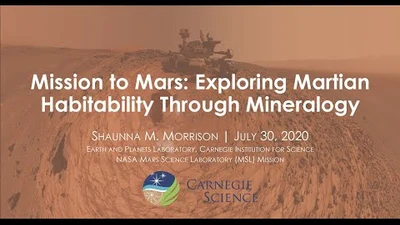
Mission to Mars: A Virtual Conversation with Shaunna Morrison
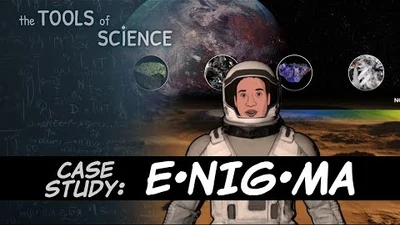
Tools of Science Case Study: E•NIG•MA
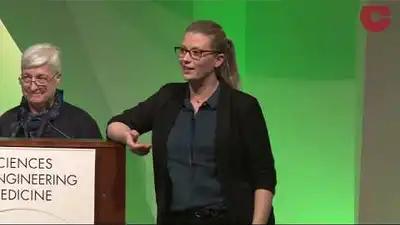
Session II: New Programs Emerging from DCO - Shaunna Morrison
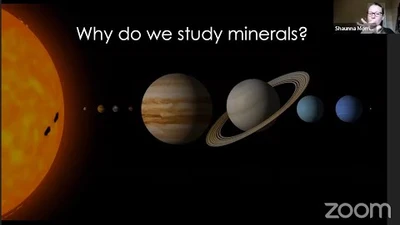
Minerals and Prebiotic Chemistry - Shaunna Morrison - Anirudh Prabhu - Micah Schaible
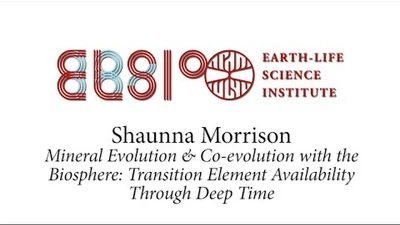
6th ELSI Symposium: Shaunna Morrison
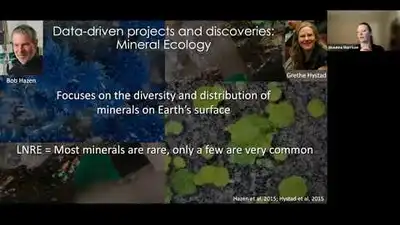
21.02.12 RSES Seminar Series - Shaunna Morrison (Carnegie)
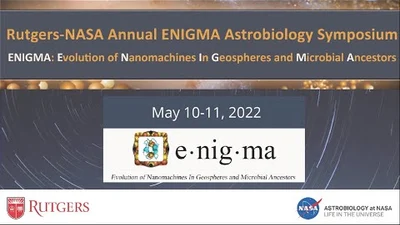
2022 SYM Shaunna Morrison - A Brief Introduction to the Mineralogy of Mars
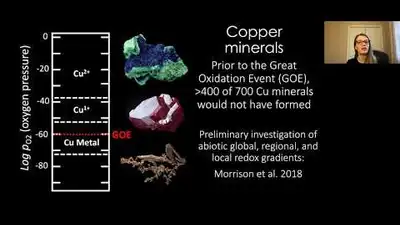
Shaunna Morrison (Carnegie Instituion for Science)An evolutionary system of mineralogy
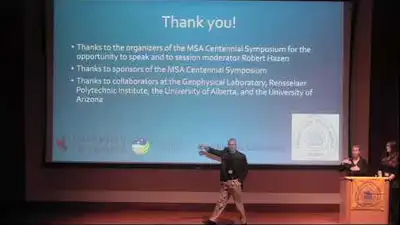
Discussion: The Future of Data-Driven Discovery in Mineralogy, Crystallography, & Petrology
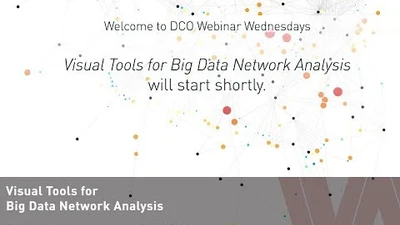
Webinar: Visual Tools for Big Data Network Analysis
